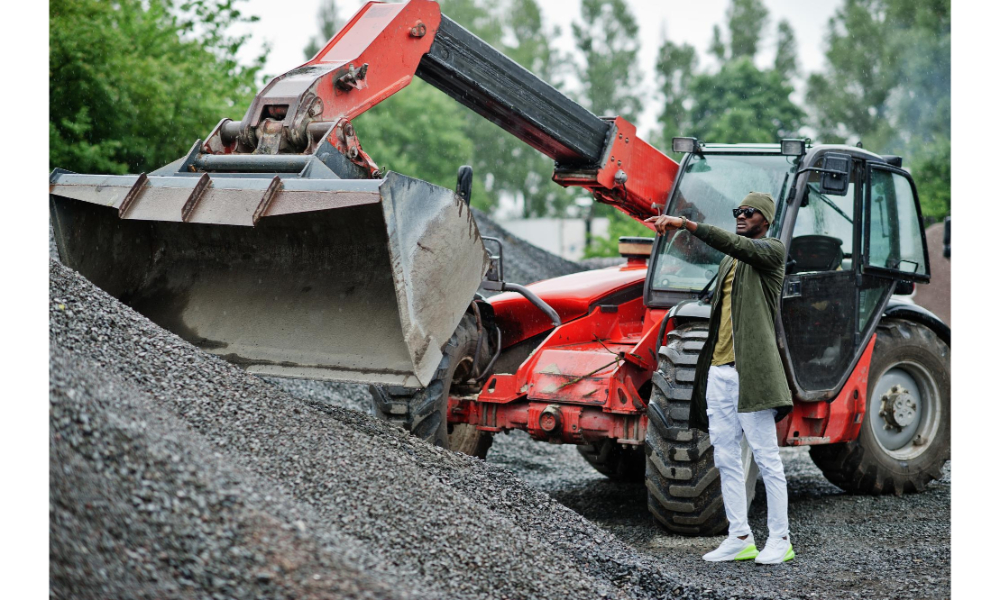When working on paving or road construction projects, safety should always be the top priority. Using heavy machinery like pavers, rollers, and compactors requires training, attention, and preparation. For contractors who rely on asphalt machine rental, it’s essential to follow safety standards and best practices to ensure efficient and accident-free operations. A strong focus on equipment handling, maintenance, and protective measures not only keeps workers safe but also helps maximize productivity and protect your investment.
1. Conduct Proper Training Before Operation
Before starting any project, make sure that every operator is fully trained and familiar with the rented equipment. Each asphalt machine has its own operational guidelines, and understanding them reduces the risk of accidents.
Reputable asphalt machine rental companies often provide operator manuals or brief demonstrations upon delivery. Reviewing these materials helps the crew understand control layouts, safety switches, and proper startup and shutdown procedures.
2. Inspect Equipment Before Each Use
Thorough inspection is one of the most critical steps before using any asphalt machinery. Check for fluid leaks, worn belts, tire pressure, and loose bolts. Ensure safety guards and warning decals are intact and visible.
When renting, make sure the equipment comes from a reliable asphalt machine rental provider that regularly maintains its fleet. Detecting and reporting defects early prevents breakdowns and reduces potential on-site hazards.
3. Wear the Right Safety Gear
Appropriate personal protective equipment (PPE) is essential on every job site. Workers should always wear hard hats, high-visibility vests, steel-toe boots, gloves, and safety glasses. Ear protection is also important since asphalt machines can be loud during operation.
Heat-resistant clothing helps protect against burns from freshly laid asphalt or hot equipment parts. Following PPE guidelines ensures a safer and more controlled work environment.
4. Maintain Clear Communication on Site
Construction zones are often noisy, and clear communication among team members is vital. Use hand signals, two-way radios, or headsets to maintain coordination between operators and ground staff.
When using multiple machines from an asphalt machine rental fleet, designate a site supervisor to oversee workflow and safety compliance. Clear communication minimizes misunderstandings and helps prevent accidents caused by sudden equipment movement.
5. Keep a Safe Distance and Defined Work Zones
Always establish clear safety perimeters around operating machinery. Pedestrians and workers who are not involved in machine operation should maintain a safe distance. Use cones, tape, or signage to mark restricted zones.
When compactors or pavers are backing up, ensure a spotter is present to guide the operator. Defined work zones help avoid collisions and keep all crew members protected.
Additionally, ensure that lighting is adequate in low-visibility conditions to maintain safety and visibility throughout the work area.
Conclusion
Safety on the job site begins with preparation, awareness, and adherence to best practices. Whether your project involves paving, resurfacing, or road repairs, following proper training, inspection routines, and communication guidelines ensures smooth operations. By choosing a reliable asphalt machine rental service and prioritizing worker safety, you can complete your projects efficiently while minimizing risks and maintaining professional standards.




